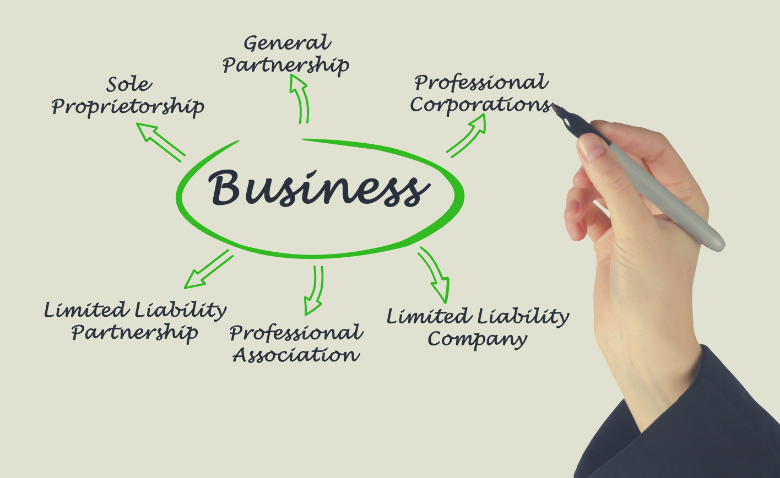New Business Formation
Starting a new business is a rewarding endeavor, and it can also be challenging. Our goal is to help you develop the internal infrastructure and processes you need to succeed in today’s marketplace. We have the knowledge and experience to help you begin your business journey on the proper foundation that will set you up for future economic growth.

What Business Entity is Right for You?
Each entity has different tax regulations and liabilities that will affect your business over time. It is crucial to pick the correct entity from the beginning to ensure the best possible financial position. Our team has the expertise to help you assess which entity is correct for you based upon your business goals and plans. Some of the different entities you can choose from include:
- Sole Proprietorship works well when you are looking to own and operate your business yourself. It is simple to establish and allows you to combine your business and personal income on your taxes, making filing your return a straightforward process. You will be responsible for all liabilities with a sole proprietorship because your business is not a separate legal entity.
- Partnerships are when you and two or more other people decide to share ownership and management responsibilities of the business by signing a written agreement. You and your partners will share in the profits and losses of the business and be responsible for all liabilities together. Also, each partner is responsible for reporting their share of the profits and losses on their taxes.
- C-Corporations limit your liability by creating a separate tax entity from the owner of the business. This means you will not be personally liable for the entity’s losses. Also, your profits will be taxed individually, and the business’ profits will be taxed on a corporate level.
- S-Corporations allow the business’ income to go to the owner and shareholders without being subject to federal corporate taxes while also limiting the liabilities of the owner. Your business must adhere to specific Internal Revenue Code requirements to be eligible for this entity.
- Limited Liability Companies give you the benefit of limiting your liabilities while operating much like a sole proprietorship or partnership. You will not be liable for the losses of your company with this entity, but you must report all profits on a Schedule C and send it in with your return.
